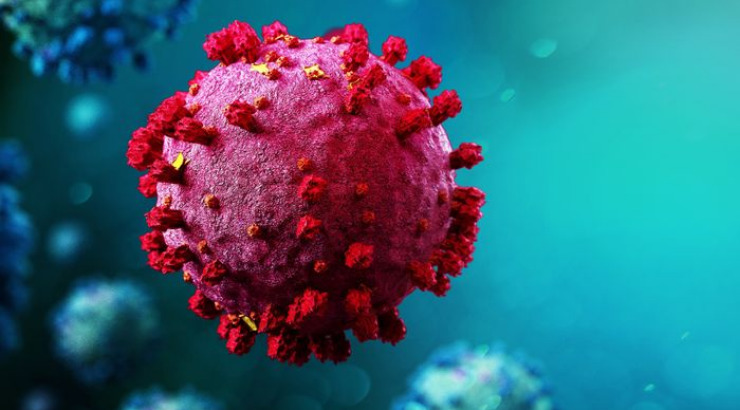Use Of Iminosugars as Prophylactic and Therapy Against COVID-19 / SARS-CoV-2
ID# 2020-5096
Technology Summary
Many viruses utilize host cell protein-folding machinery to correctly fold one or more of their glycoproteins. Iminosugars compete with the natural substrate of glucosidases, which are key for entry into the glycoprotein folding cycle. Viral glycoproteins are thus prevented from interacting with the protein-folding machinery, leading to misfolding and an antiviral effect.
Penn State inventors have demonstrated that iminosugars, including acarbose, miglitol, and castanospermine, in combination with the antiviral remdesivir, significantly inhibit viral entry as well as replication of SARS-CoV-2 in vitro. In cells infected with SARS-CoV-2, iminosugar treatment effectively increases cell viability and reduces viral load. When iminosugars are administered to cells in combination with remdesivir, the anti-viral effect of remdesivir is increased. Early in vitro results suggest that a combination therapy of iminosugars and remdesivir may be an effective treatment for COVID-19.
Application & Market Utility
Due to the persistence of SARS-CoV-2 spread in the population, there is an urgent need for novel therapy options. Current events demonstrate that SARS-CoV-2 is evolving rapidly and may gain resistance to viral-directed therapeutics. Repurposed drugs may present potentially valuable therapeutic candidates, as they may be able to bypass part of the early cost and time needed for authorization. Acarbose and remdesivir are FDA-approved for use in adults. Acarbose is not currently approved for the treatment of COVID-19.
Next Steps
Seeking industry partners and/or licensees to drive clinical validation and commercialization.

